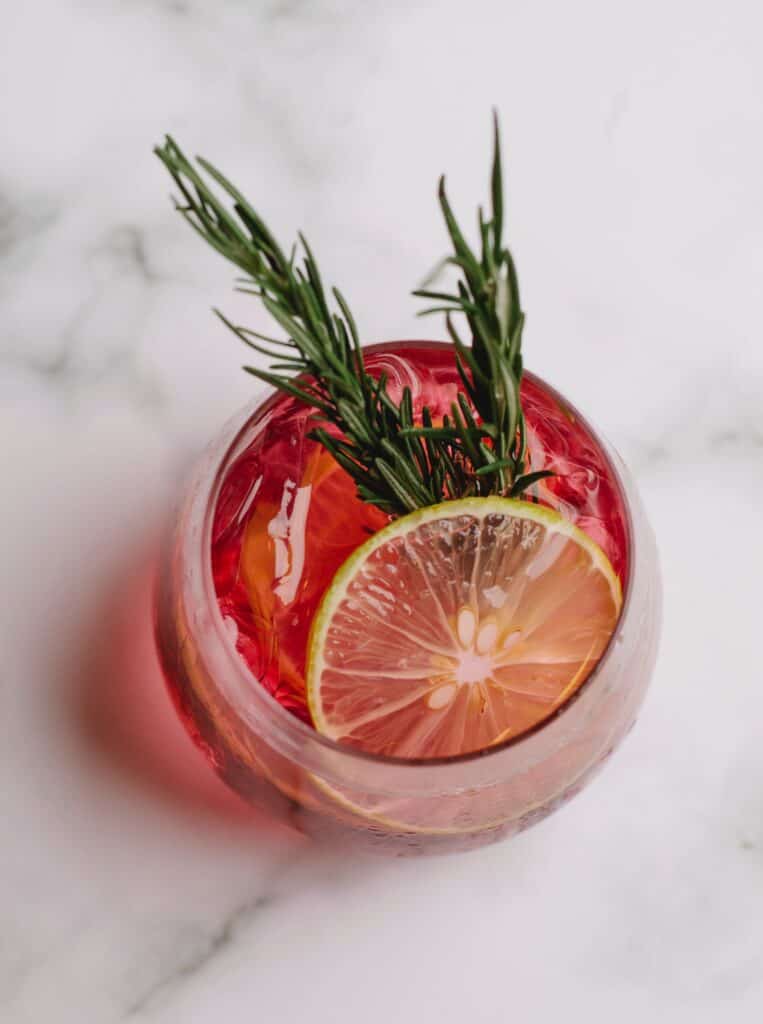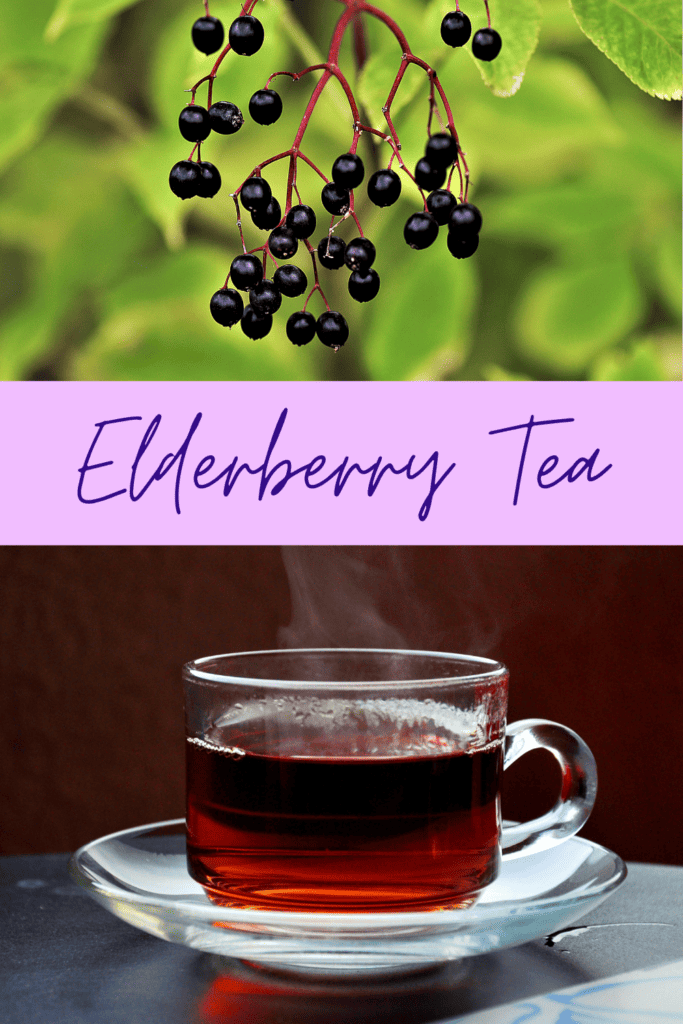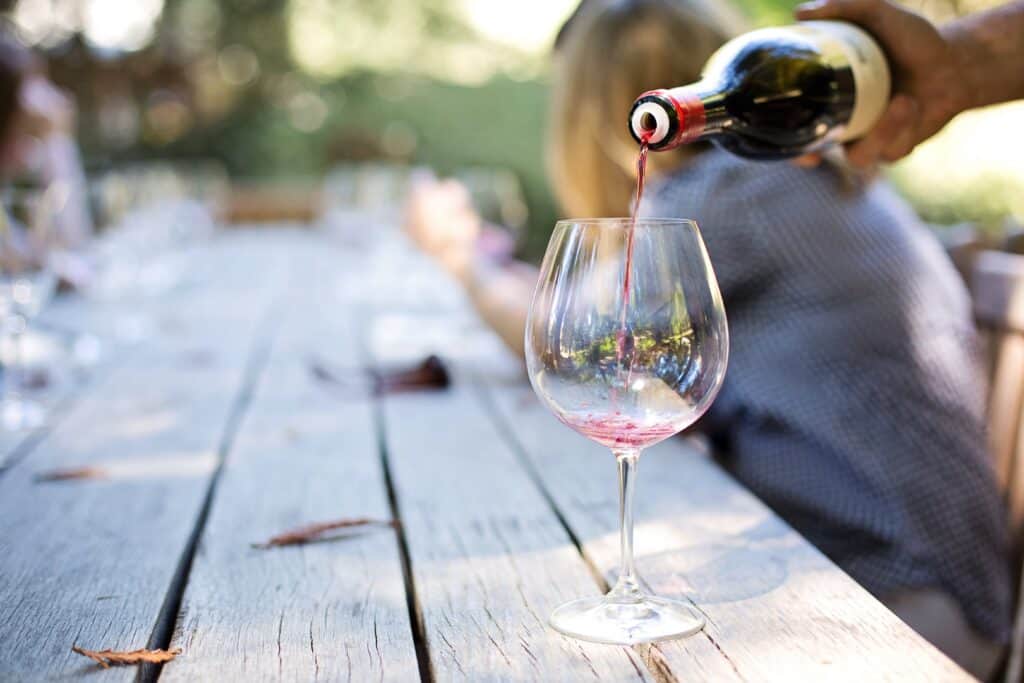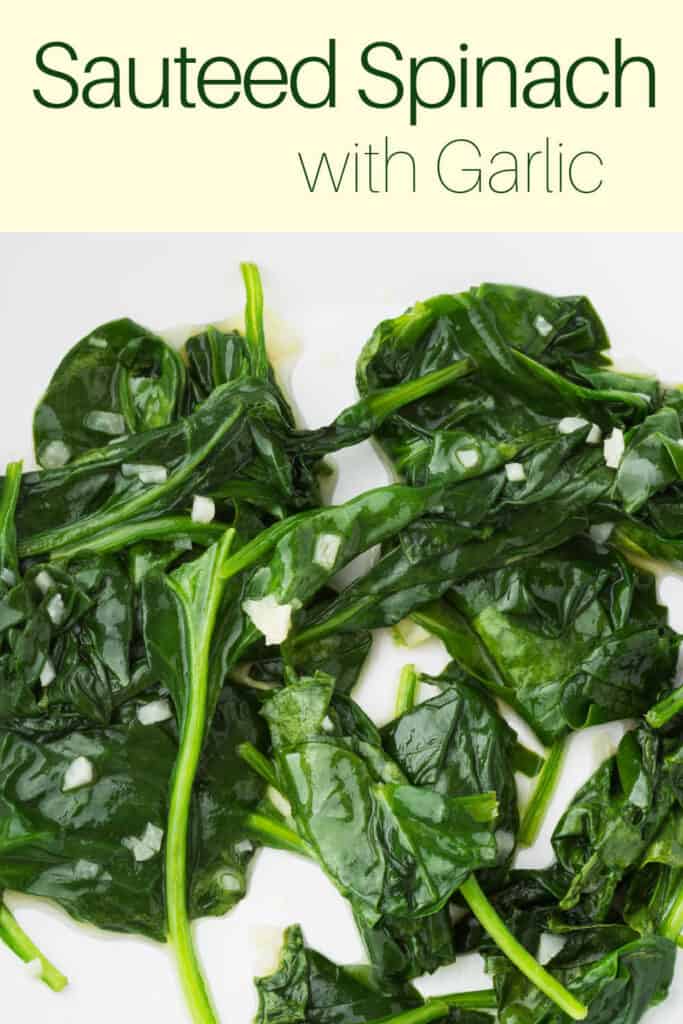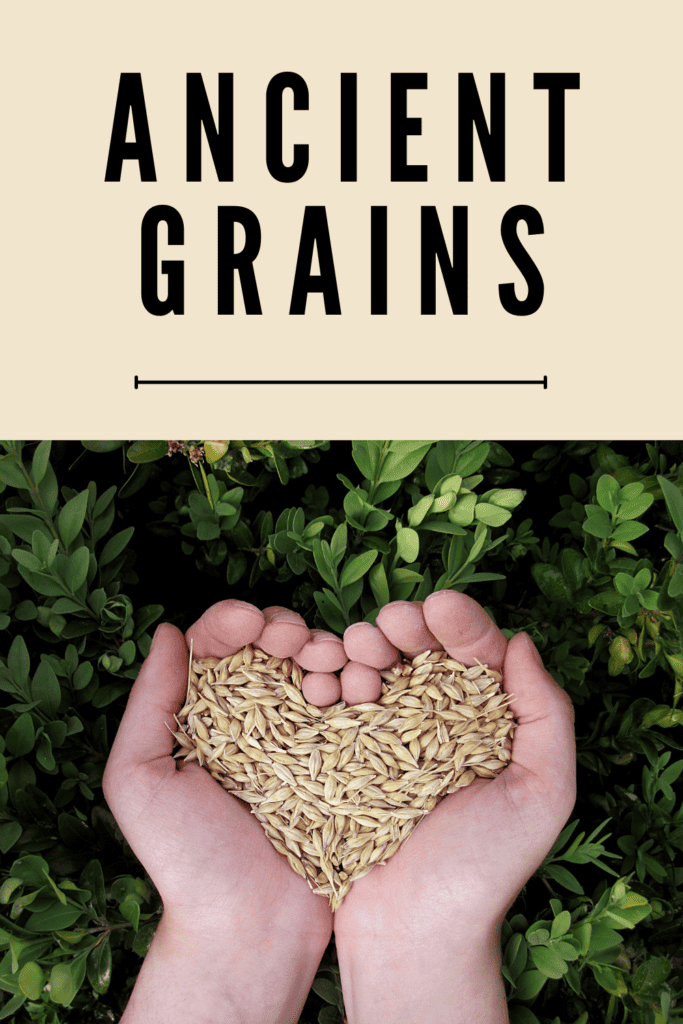Bitters are a vital ingredient in many classic cocktails. From Angostura to Peychaud’s, these powerful flavor enhancers are found in some iconic drinks.
The 21st century has seen a renewed interest in cocktail chemistry. As a result, old-timey bitters that have disappeared from shelves have been brought back.
How to Measure Bitters
Bitters add an element of flavor that elevates a cocktail and creates a harmonious balance between ingredients. But they are also an ingredient that is relatively easy to measure precisely.
A common question for those new to mixology is, what are bitters for drinks? Bitters are concentrated flavor agents infused with various botanicals and spices, adding depth, complexity, and a unique twist to cocktails.
Recipes often call for “a dash of bitters.” But what exactly does that mean? Unlike other cocktail ingredients, such as syrups, syrups, or juices, which can be measured with precision using a jigger, bitters are usually poured out by the bottle’s cap. These bottles are generally decorative, and many have a variety of tops, including dasher and dropper, making it challenging to know how much is being dispensed.
A “dash” of bitters is not a precise measurement, as the size and viscosity of the bitters can vary from brand to brand. A general rule of thumb is to start with a conservative amount, taste the drink, and determine if more bitters are needed. A few drops of bitters can dramatically alter a beverage’s flavors, so don’t be afraid to experiment!
Aside from cocktails, bitters can be added to any drinks or foods you want to add intense flavor. You can add bitters to your favorite sparkling or still water, tonic water, coffee, tea, juice, and even food such as soups, sauces, marinades, and frosting. Most bitters have therapeutic properties that aid digestion, soothe an upset stomach, and curb sugar cravings.
The Role of Bitters in Aperitifs
Bitters are like the salt and pepper of cocktails, used to balance, integrate, and highlight the flavors of a drink. While they have long been a critical ingredient in beverages, the category has recently expanded, with manufacturers producing wildly diverse flavors from barbecue to fig to Sriracha.
Most bitters are made by soaking up to forty different herbs, roots, leaves, bark, flowers, and spices (like cassia or cinnamon, orange peel, gentian root, and cinchona bark) in clear or grain alcohol for up to six weeks. Simeon says this method extracts the most potent flavor compounds while preserving the ingredients.
Aromatic bitters are the most versatile, typically combining warming baking spices with citrus peels, bitter roots, and barks like wormwood and gentian root. The resulting blend adds spice, aroma, and depth to cocktails and is essential to classic drinks.
Other categories include floral bitters infused with delicate and herbal plant species like mint, chamomile, and lavender. Coffee and chocolate-flavored bitters are increasingly popular, especially in whiskey and bourbon cocktails. And nut-based bitters, such as pecan, walnut, and almond, can add subtle sweetness and body to beverages.
In addition to their use in cocktails, bitters can be used as a digestifier by settling an upset stomach or adding complexity and depth to low-alcohol beverages like tonic water or tea. “You’ll often find that a recipe without bitters isn’t nearly as tasty as one that includes them,” says Cotton.
The Role of Bitters in Digestives
Adding a dose of bitters to a drink can help balance the primary tastes of a cocktail. Bitters can also add complexity to a cocktail by drawing out different expressions within a spirit or introducing new flavors. While it is a best practice to keep bitters to a minimum in classic cocktails and others, there are no hard and fast rules when using these versatile ingredients.
Bitters can promote digestive health by stimulating the receptors on your tongue that activate the secretion of gastric acid, which aids digestion and can help alleviate heartburn. They can also encourage healthy bowel movements by helping to regulate your gut flora.
As a result, they can also help reduce food sensitivities by promoting good gut bacterial health, which means fewer undigested foods enter the bloodstream and trigger immune responses. In addition, bitters can help stimulate your intestines to produce more natural stomach acids to soothe your symptoms if you suffer from irritable bowel syndrome.
The variety of bitters available today is staggering, from aromatic and orange varieties to root beer and celery bitters. They can be made from any botanical ingredients, with most containing anywhere from 20% to 50% alcohol by volume. However, some bitters do not have any alcohol and are available in glass dropper bottles that can be brought with you on the go.
The Role of Bitters in Cocktails
Bitters add complexity and enhance the flavor profiles of cocktails. They are traditionally infused with a mixture of herbs, spices, roots, and plant botanical ingredients (the number of herbs in Angostura bitters can reach forty), steeped, and macerated to create an intense extract. The result is a range of flavors useful in cocktail recipes, from warm and aromatic baking spices to bright zesty citrus.
While bitters were initially used to aid digestion and malaria, they soon became a key ingredient in cocktails and are still commonly found in health food stores as digestive remedies. Today, various bitters offer health benefits like improved liver function and control of sugar cravings.
Cocktail bitters are often used to balance and add sweetness to cocktails that are heavy on other primary tastes. Bitters can be added to any drink with sweet and sour ingredients. Still, they are instrumental in drinks that contain more acidic and less sweet components.
While every bartender should have a few bitters bottles on hand, experts say you can experiment with different brands and flavors to find the best fit for your style and cocktail recipes. They also suggest trying orange bitters in a simple highball or using bitters like chicory or crab boil seasoning-inspired drinks.

